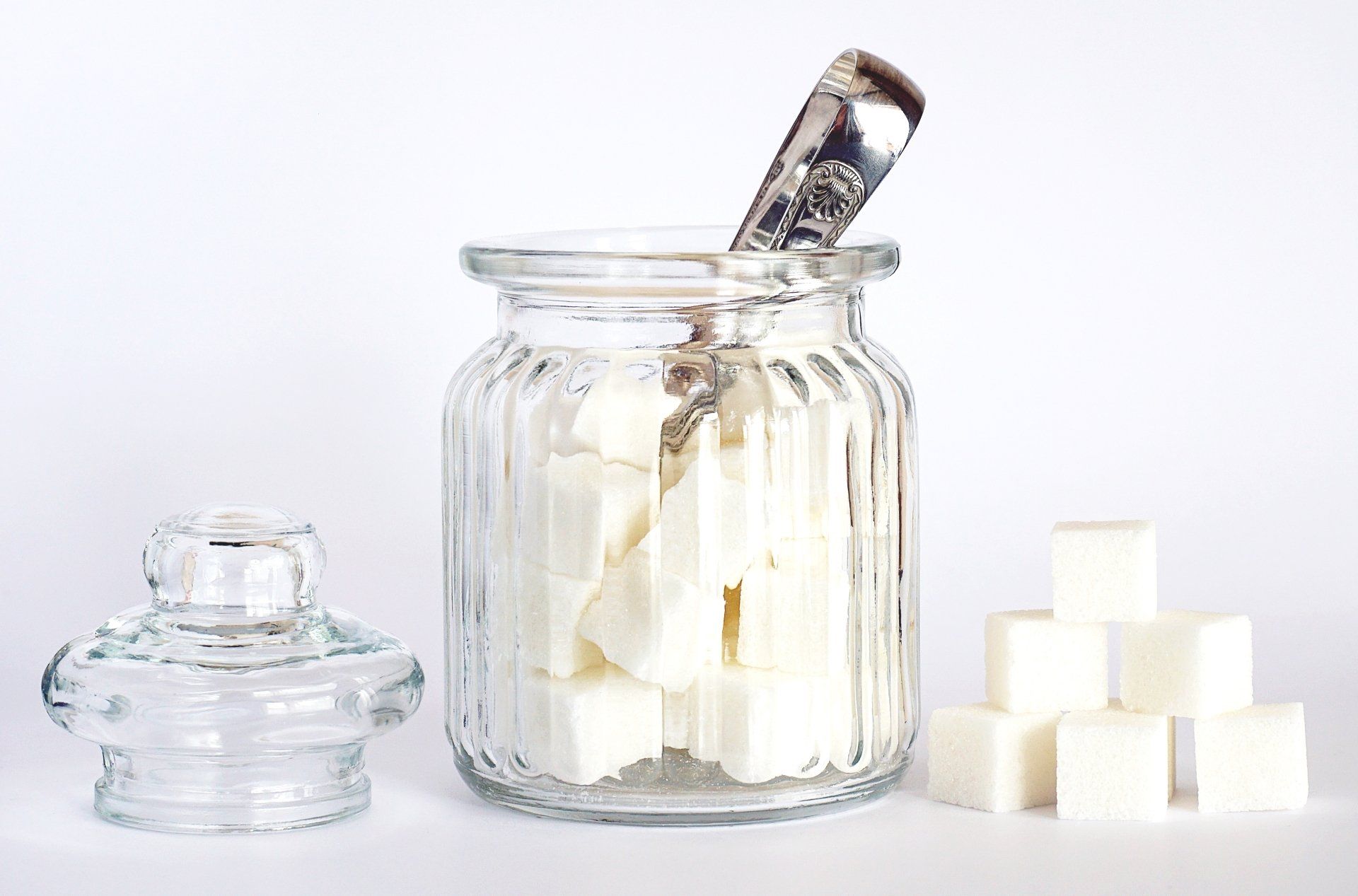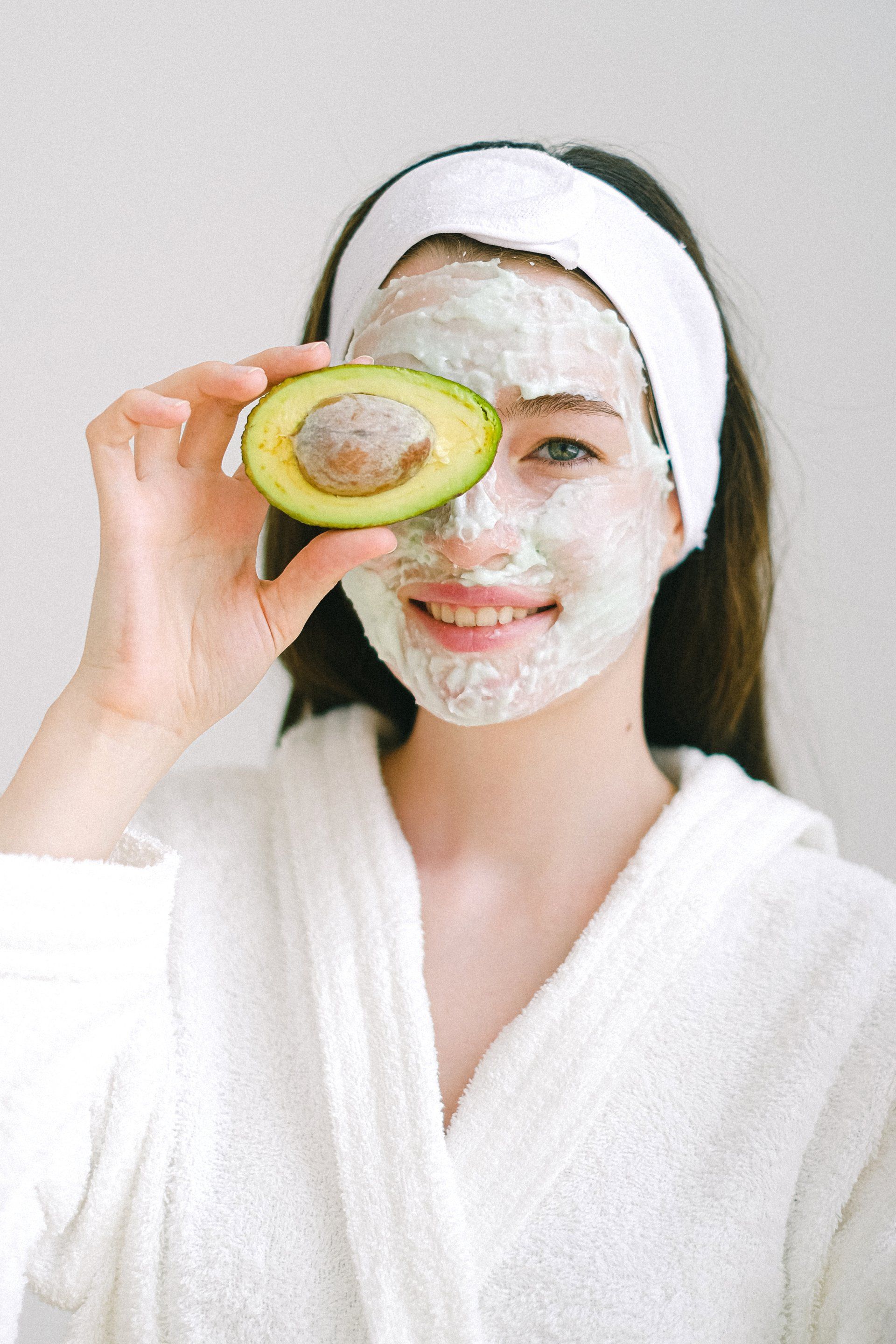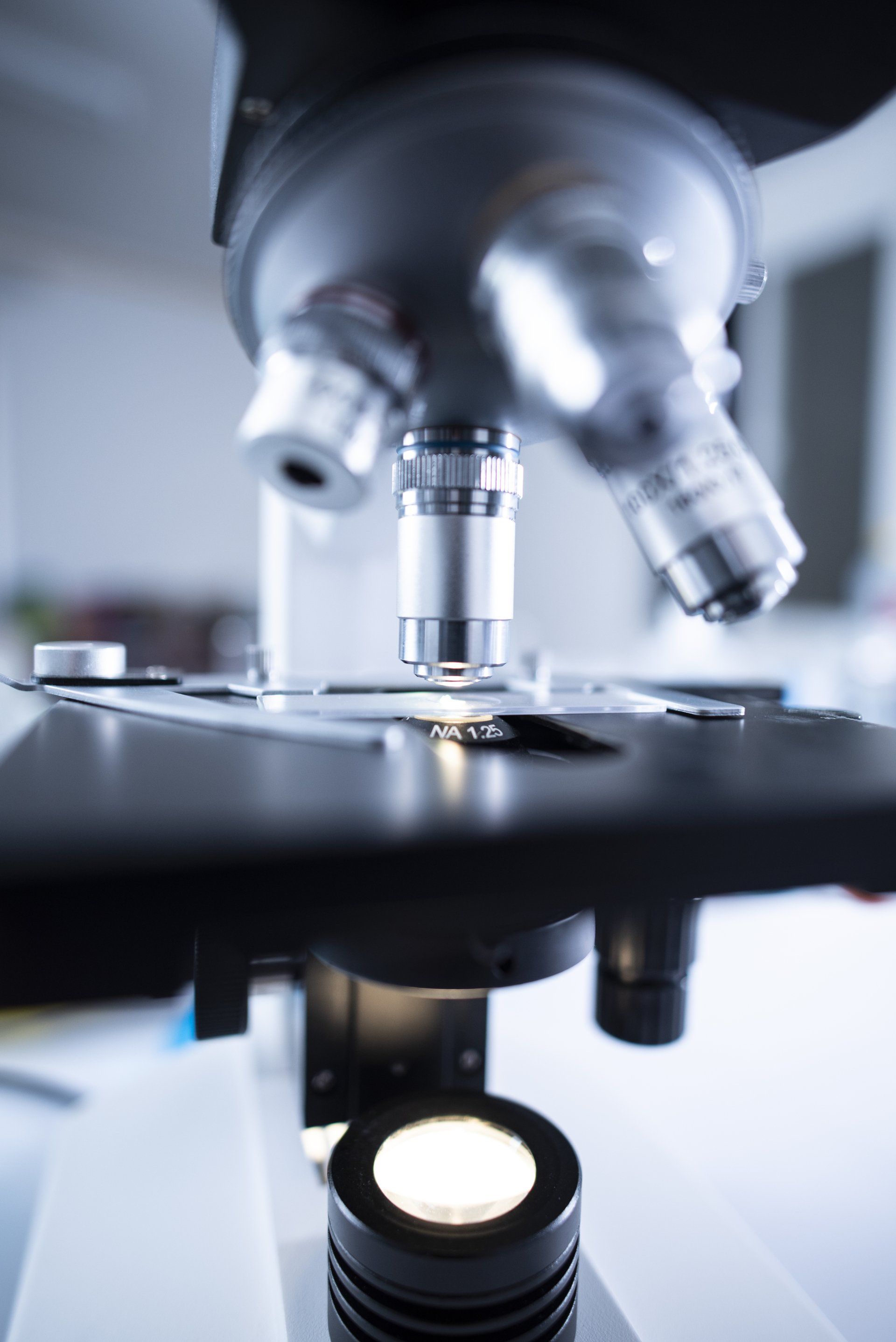By Nancy Swankie
•
June 27, 2023
In the realm of health, sugar’s stock value has dropped precipitously in the past decade. In addition to tooth decay, sugar - more than fat, now is shouldering blame for the obesity epidemic and inflammation leading to systemic diseases. Sugar increases the aging speed and degree to which skin looks and feels older via a process called glycation. Sugar molecules in food attach themselves to proteins in the body, such as collagen and elastin, and peptides, and damages them. Glycation makes the proteins (cells, collagen, elastin) stiff and inflexible. When a protein has extra sugar, it is glycated, and reacts by creating Advanced Glycation End products (AGEs). AGEs mark particular proteins for amplified damage or higher metabolization by our bodies. "Glycation is not as well-known as oxidative stress, but we know from basic science research that glycation is an important process that can be induced by oxidative stress or inflammation, and through dietary exposure to alcohol and high-glycemic diets, which are heavy in processed carbs and sugar," says Dr. Hu. This adds a greater requirement for anti-oxidant supplements and skincare products which are anti-aging and free-radical-scavaging. Sugar is not the only culprit in causing AGEs. More than a century ago, Louis-Camille Maillard discovered that heating milk and amino acids turned the white liquid a yellow-brown color. The three stages of chemical reactions in which sugar and amino compounds (proteins and peptides) brown are called the Maillard reaction, frequently described as a "nonenzymatic browning reaction." creating free-radicals. This is another way skin can become hyperpigmented and broken-down. "The intermediate products of these chemical reactions undergo further irreversible oxidation, dehydration, polymerization and cross-linking reactions. Cross-linking of skin protein collagen has been found to be partially responsible for wrinkles {and deep hyperpigmentation] and other age-related skin changes resulting in the formation of AGEs over the course of several days to weeks," wrote the Korean authors of a 2017 paper published in the Journal of Exercise Nutrition & Biochemistry. What foods you consume and how you prepare them is another factor. Cooking processes that brown food, such as frying, roasting and grilling, produce harmful chemical compounds and diminish the nutritional value of the food. They also lead to the formation of advanced glycation end products, or AGEs. "Eventually, these AGEs make collagen rigid, making it lose its ability to keep skin firm and ultimately contributing to the aging process," says Michael Somenek, MD, a board-certified facial plastic surgeon in Washington, DC. "This process intensifies as we age. When our cells can’t repair or perform the key functions that they need in order to keep us in optimized cellular shape, the cells will act and look [and become] older than they really are." Glycation Science Glycation affects the internal structure of the skin, leading to less bounce, less elasticity, and a thinner-looking skin surface, says Lori Viar, senior director at Senté Labs. In addition, it can cause skin to be dry, with a dull, deflated surface, as the glycated tissues do not allow for the transfer of nutrients from the dermis to the epidermis. A spate of studies and subsequent media stories about glycation and skin aging appeared to peak around 2012 or so. Since then, AGEs research interest has shifted focus toward glycation’s role in the development of diseases such as heart and liver diseases, diabetes, neurodegenerative diseases and cancer. So, what can patients and skin care specialists do to counteract the effects of glycation and AGEs? Herve Pageon, PhD, a biologist in research in France, who has published numerous studies of the effects of glycation on skin aging, notes that "It is difficult to cite an active agent or molecule, in particular, because there are many described to have anti-glycation activity," he says. "To my knowledge, there are no molecules which could reverse AGEs after their final formation." Antioxidants, including green tea, can help prevent glycation through their abilities to fight free radicals. Slowing the Glycation Process Some molecules such as polyphenols, flavonoids, and anthocyanins are known to inhibit the formation of some AGEs by their antioxidant activity. Exercise also appears to help slow down glycation, Korean researchers found in both in vitro and in vivo rodent studies."When you exercise, you’re actually improving your insulin resistance or your metabolism of sugar," says Dr. Hu. "That process itself reduces protein glycation. "The researchers also noted that some supplements—such as polyphenol epicatechin, found in cocoa—might help reduce accumulation of AGEs. Green tea and linoleic acid (fish oil) all have the ability to fight free radicals as well. AGEs are part of a long list of contributors to photoaging, along with transforming growth factors, inflammation, oxidative stress, nuclear and mitochondrial DNA, telomeres and microRNA. "UV rays and smoking can increase AGEs; it’s all probably interconnected and is a multifactorial process," says Dr. Graber. As roasting or grilling that browns the surfaces of food can create AGEs, patients can avoid AGE formation by poaching, boiling or steaming food instead. "Avoid anything that creates a kind of brown coloring on food," says Dr. Graber. "There’s lots of good evidence that this can help reduce glycation end products. Reducing or eliminating processed foods, simple carbs and sugars and replacing them with fish and leafy greens can help offset this process. Exercise is just one of the lifestyle factors that can help slow down the process of skin aging. Glycation and Holistic Skin Care Important to note, however, is that this is not a one-size-fits-all approach. When we’re talking about sugar, we’re also talking about insulin sensitivity or resistance, Dr. Hu points out. "And that becomes an important compounding factor in terms of evaluating the end process," she says. "Glycation is only one part of the equation. You also have insulin growth factors, a signaling growth factor that gets triggered when you have exposure to a high sugar diet. That spike varies from person to person." Excessive UV exposure, inadequate diet, and lack of proper supplementation can exacerbate the aging process. If you're already doing the most important things to prevent skin aging and skin cancer, then preventing glycation should be an important part of your anti-aging protocol as well.





